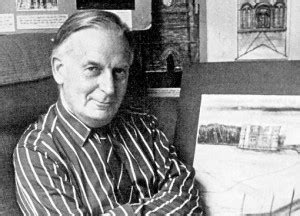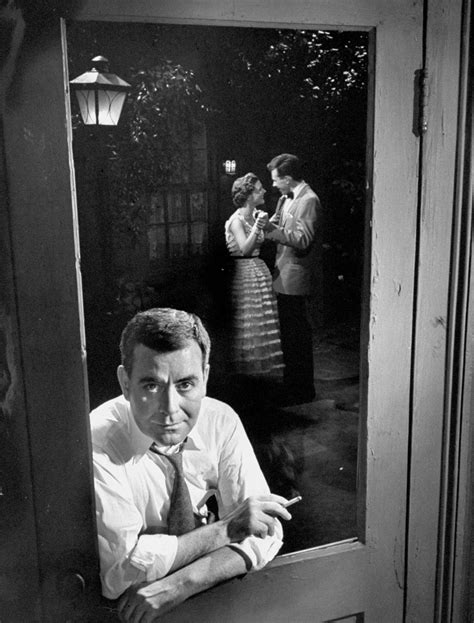A Quote by J. L. Carr
Novel-writing can be a cold-blooded business. One uses whatever happens to be lying around in memory and employs it to suit one’s end….Then, again, during the months whilst one is writing about the past, a story is colored by what presently is happening to its writer. So, imperceptibly, the tone of voice changes, original intentions slip away. And I found myself looking through another window at a darker landscape inhabited by neither the present nor the past.
Quote Topics
Related Quotes
We learn in the past, but we are not the result of that. We suffered in the past, loved in the past, cried and laughed in the past, but that's of no use to the present. The present has its challenges, its good and bad side. We can neither blame nor be grateful to the past for what is happening now. Each new experience of love has nothing whatsoever to do with past experiences. It's always new.
The thing that was most harmful was that there was always something that was about to happen. So I found myself indulging in the writer's luxury of doing another draft, another idea. If this project isn't happening, then I'll shelve one script and start writing another. And in that way, the years go by, and there's very little money coming in.
...and a dream away in space with neither her nor there where all the footsteps ever fell can never fare nearer to anywhere nor from anywhere further away. Nor for in the end again by degrees or as though switched on dark falls there again that certain dark that alone certain ashes can. Through it who knows yet another end beneath a cloudless sky of a last end if ever there had to be another absolutely had to be.
I haven’t had trouble with writer’s block. I think it’s because my process involves writing very badly. My first drafts are filled with lurching, clichéd writing, outright flailing around. Writing that doesn’t have a good voice or any voice. But then there will be good moments. It seems writer’s block is often a dislike of writing badly and waiting for writing better to happen.
If I'm writing a novel, I'll probably get up in the morning, do email, perhaps blog, deal with emergencies, and then be off novel-writing around 1.00pm and stop around 6.00pm. And I'll be writing in longhand, a safe distance from my computer. If I'm not writing a novel, there is no schedule, and scripts and introductions and whatnot can find themselves being written at any time and on anything.
It was only after two years' work that it occurred to me that I was a writer. I had no particular expectation that the novel would ever be published, because it was sort of a mess. It was only when I found myself writing things I didn't realise I knew that I said, 'I'm a writer now.' The novel had become an incentive to deeper thinking. That's really what writing is—an intense form of thought.
The book works better if I know everything I can about the ending. Not just what happens, but how it happens and what the language is; not just the last sentence, but enough of the sentences surrounding that last sentence to know what the tone of voice is. I imagined it as something almost musical. Then you are writing toward something; you know the sound of your voice at the end of the story. That's how you want to sound in those final sentences: the degree that it is uplifting or not, the degree that it is melancholic or not.
The establishment of inner harmony is to be attained neither in the past nor in the future, but where the past and future meet, which is the now. When you have attained that point, neither future nor past, neither birth nor death, neither time nor space exist. It is that NOW which is liberation, which is perfect harmony, to which the men of the past and the men of the future must come.



































